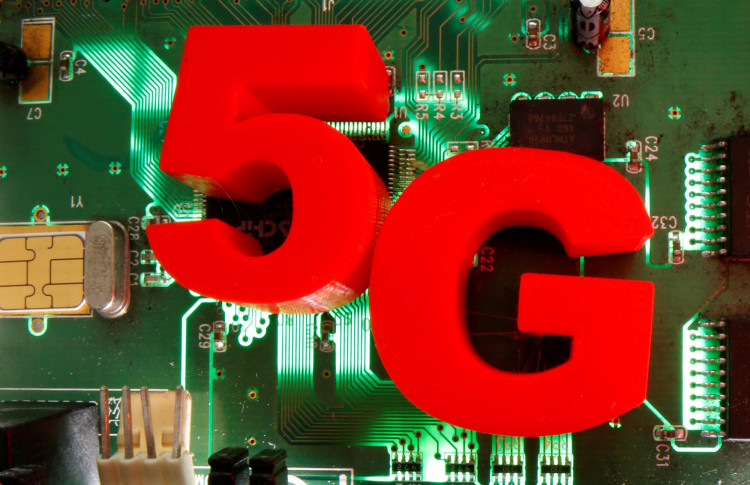The United States confirmed a report on Monday by Reuters that it will revise its restriction on American companies engaged in business with China's Huawei to enable them to work together to set standards for next-generation 5G connections.
Reuters disclosed that the US Department of Commerce and other related agencies abdicated on the policy amendment, which awaits publication in the Federal Register, citing sources with knowledge of the matter. The rule was transmitted on Friday to the Federal Register and will be released as early as Tuesday.
The move is important as it means US companies can take part in the development of so-called standards, which are details and parameters governing how crucial technologies function.
In May last year, Huawei was included on a US blacklist called Entity List. The US companies were barred from doing business with the Chinese technology group and mandated licenses to sell it. But the restriction also generated uncertainty as to how American firms could engage in standards setting discussions and organizations where the Chinese company was also a member.
However, US Commerce Secretary Wilbur Ross disclosed that the policy shift is not a loosening on government's position against Huawei, which is still on the Entity List. Instead, the change was made to guarantee that American firms can still contribute to essential standards-developing activities that Huawei has a strong interest in, including 5G, autonomous, artificial intelligence, and other technologies.
According to Ross, the United States will not relinquish its leadership in global technological transformation. "This action recognizes the importance of harnessing American ingenuity to advance and protect our economic and national security," he said, as reported by Campbell Kwan of ZDNet.com.
Huawei was placed in the Entity List over a series of complaints, including its links to the national government, worries over espionage and alleged sanction infringements with Iran. The blacklisting has had a deep effect on the Chinese tech empire, including a cutting of its relations with Google, which formed the operating system cornerstone of the group's mobile portfolio through Android and a host of apps.
In the telecommunications landscape, 5G or fifth-generation wireless infrastructure are seen to boost everything -- from high-speed video downloads to autonomous vehicles. Michelle Zhou, a Huawei representative, did not issue any immediate statement.
China has demonstrated its goals very clearly: Not only does it aspire to establish its own standards, it also wants to etch its name in the global market. Huawei, which has actively taken part in telecommunications standards setting groups, is part of that campaign.





